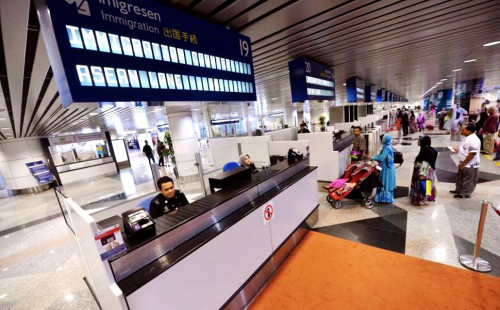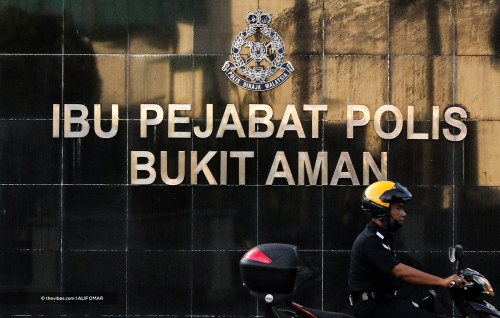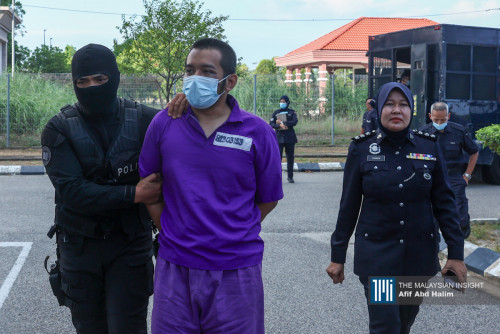KUALA LUMPUR – As the country continues to grapple with the impact of the Covid-19 pandemic, two key avenues that can help reset the economy and recoup its shrinking revenue have been identified.
They are increasing government borrowing and expanding tax collection, according to Prof Tan Sri Noor Azlan Ghazali, executive director of the Economic Action Council (EAC) secretariat.
Speaking at a virtual press conference yesterday on the secretariat’s unpublished research document Resetting Malaysia: Aligning to the New Economic Landscape, he said the government should not be afraid to implement such policies, despite their unpopularity.
On government loans and debts, the senior economist said borrowing should be encouraged in a time of crisis, when household spending, investments and the global economy continue to shrink.
“Only the government is able to spend during a crisis, therefore, it is right to be borrowing in times like this.
“Of course, if you borrow for the wrong reasons, then that’s bad. But if it is for a productive reason and for the right purpose, so the economy can be revived, then by all means.
“In my view, for the government to be at a further deficit now is okay, especially if it has the right plan on repayment. So please, don’t punish the government for borrowing,” he said, referring to the backlash the administration received recently over its plan to increase borrowing.
Malaysia’s debt to gross domestic product now stands at about 58%, after Parliament approved the government’s plan to increase the country’s debt ceiling ratio from 55% to 60% in August last year.
Noor Azlan said under the current circumstances, it would not be unwise to further increase the statutory limit to 65%.
Stop saying borrowing will make Malaysia go bankrupt. There is still room for borrowing, the government must not fear.”

Malaysia’s tax collection much lower than nations on same tier
In the same regard, Noor Azlan said there is space for the government to expand its tax base, by either introducing new taxing systems or increasing existing ones.
At present, he said, according to a recent report by the World Bank, the tax collected by the country is comparatively lower than nations with the same level of development and advancements as Malaysia.
“Our tax collection is not on a par with what is expected of countries like us.
“Do you know how many people in Malaysia are paying taxes? It is only between two and three million people – and we have about 32 million in our population.”
According to the Fiscal Outlook 2020 Report, only 16.5% of Malaysia’s 15 million workforce are subject to income tax, which works out to only 2.475 million individual taxpayers.
In taxing more, said Noor Azlan, it is vital that the government explain to the rakyat that it is their duty to redistribute wealth to assist those in the low-income bracket, to ensure a progressive quality of living for all Malaysians.
He said one way to increase tax collection is to reintroduce the infamous goods and services tax (GST), which was implemented in April 2015 and abolished just three years later, after Pakatan Harapan took over federal power.
“I’m a proponent of GST, which is a fairer system for me. Of course, you have to introduce it rightly and steadily, and make sure the rakyat understand the rationale behind the tax.
“They must also see that they are benefiting from the system. If the government collects GST and ensures public services and amenities are improved, then okay,” he said, urging the government to consider this.
He also proposed a regional GST rate, with states or areas with a higher income level and economic performance to be taxed more than others.
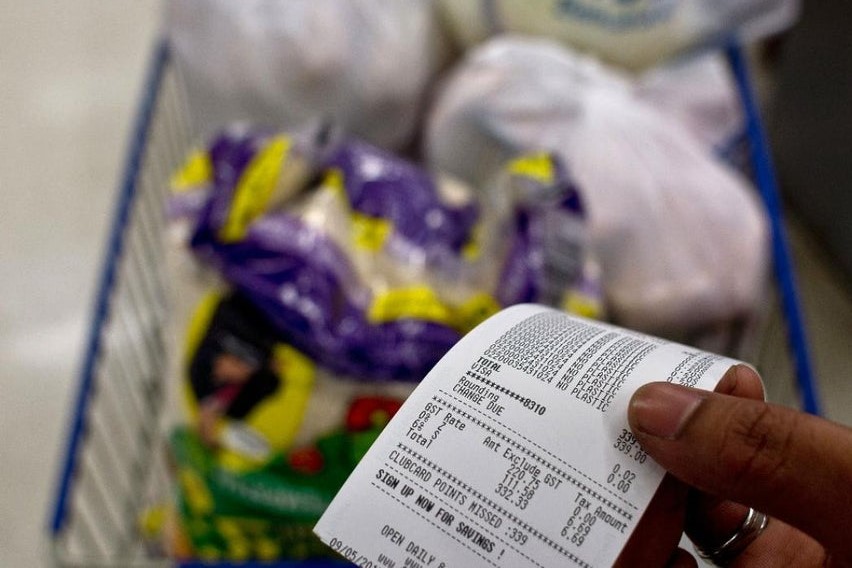
153 recommendations across 8 reset agendas
In the independent study conducted by the EAC secretariat, Noor Azlan said it is vital for the Malaysian economy to be reset as the government prepares its exit from the Covid-19 crisis.
He said there is a pressing need to reform certain policies to ensure long-term growth, rather than merely returning the economy to its pre-pandemic state.
Among the 153 recommendations to the government is for the administration to strictly adhere to ministerial and agency-level master plans, blueprints and road maps based on their governance and schedule.
The secretariat also proposed a “private first” policy to promote the private sector, with the government’s direct involvement in business strictly targeted at national strategic interests and addressing market failures.
Another recommendation is to adopt “fair charges” for public services, including tiered charges along income brackets, in place of a blanket pricing scheme.
On the education front, the secretariat proposed the introduction of a dual-assessment system for students, inclusive of school-based assessment and national exams, with both to be detached from the other.
To encourage businesses to adopt the Industrial Revolution 4.0, EAC urged the government to, among others, introduce digital support desks in all districts to assist small businesses, and “Shift to Digital” grants and incentives to adopt the digital economy.
The initiatives are part of the secretariat’s eight reset agendas: promoting technology adoption and advancement; positioning for a shifting global landscape; promoting shared responsibility, good governance and sustainability; preparing the future workforce; strengthening public deliveries and the promotion of competitive markets; attending to vulnerable communities; mainstreaming the third sector; and, corporate recovery and reform.
Noor Azlan said most of the recommendations may take between three and five years to execute, but he does not expect all the proposals to be taken up.
The recommendations by the EAC secretariat follow an independent study, and are not commissioned or endorsed by the council.
The study is the result of year-long discussions and meetings with industry players, experts in the field, and government officials. – The Vibes, June 18, 2021



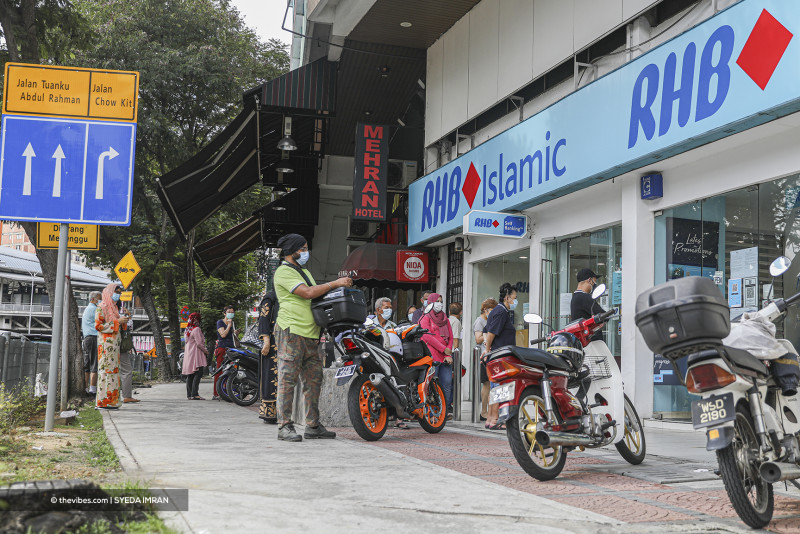


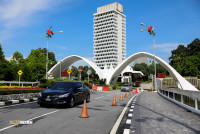

.jpg)









